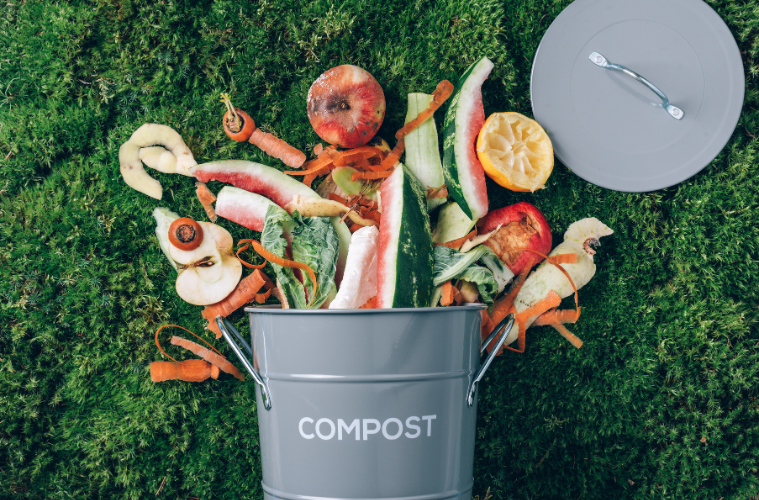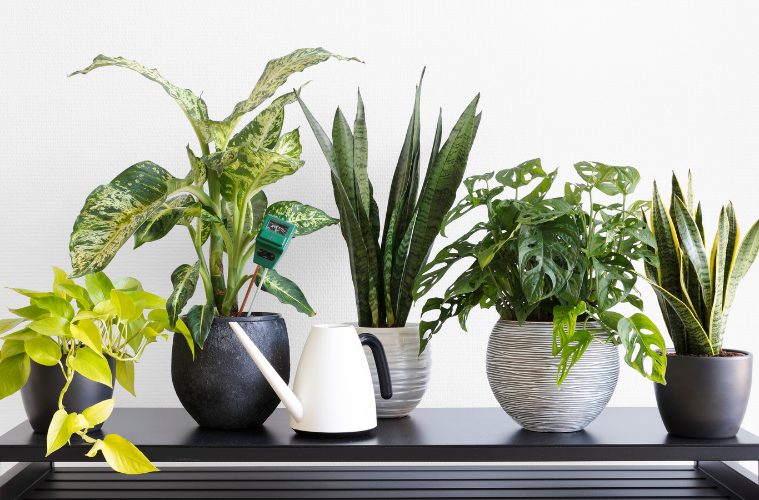Simple Steps to Start Composting in Your Backyard
Composting is an easy and rewarding way to reduce waste, enrich your garden soil, and contribute to a healthier environment. Starting a backyard compost pile or bin may seem daunting, but by following some simple steps, you can quickly create nutrient-rich compost that will benefit your plants and reduce landfill waste. Here’s a straightforward guide to get you started.
1. Choose the Right Location
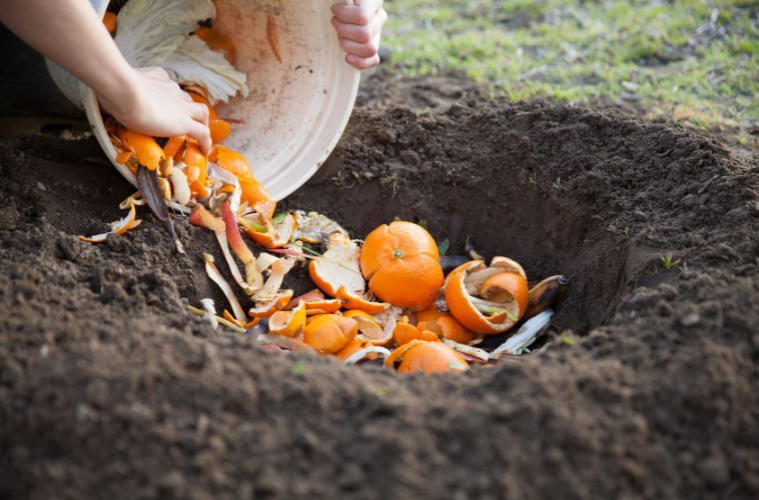
Select a spot in your yard that gets at least three to four hours of sunlight daily and has good air circulation. Ideally, place your compost bin or pile at least two feet away from fences or walls to allow airflow around it. A well-ventilated and sunny location helps speed up the decomposition process by maintaining warmth and oxygen flow.
2. Prepare a Base Layer
Start your compost with a base layer of coarse materials such as small twigs, straw, mulch, or old potting mix. This layer promotes air circulation and drainage, preventing the pile from becoming soggy and smelly. A good base is essential for healthy microbial activity.
3. Gather and Add Materials: Browns and Greens
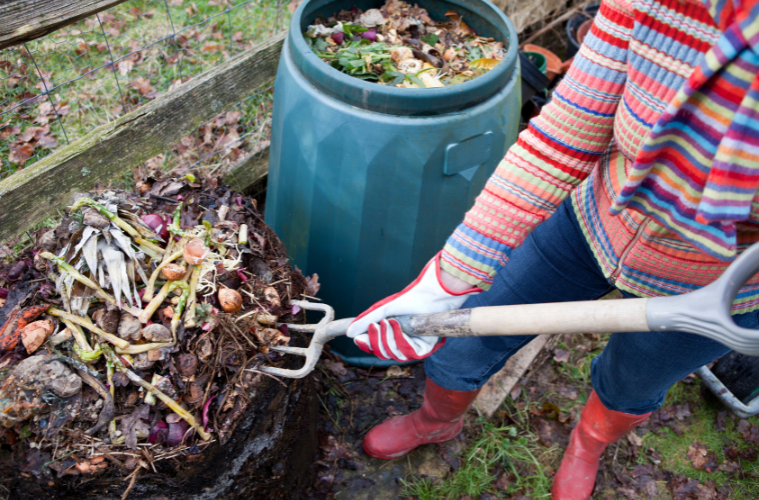
Composting requires a balance of “green” and “brown” materials. Greens are nitrogen-rich items like vegetable scraps, fruit peels, grass clippings, and fresh garden waste. Browns are carbon-rich materials such as dried leaves, shredded newspaper, cardboard, straw, sawdust, and small wood chips.
Aim for a ratio of about two parts brown to one part green material. This balance helps maintain the right conditions for microbes to break down the organic matter efficiently. Layer the materials in alternating fashion—start with browns, then add greens, and repeat. Smaller pieces decompose faster, so chopping or shredding materials is beneficial.
4. Keep the Pile Moist but Not Wet
Your compost pile should feel like a damp sponge—not too dry and not dripping wet. After adding each layer, sprinkle water lightly to maintain moisture. Moisture is crucial because it supports the microbial life that breaks down the organic matter. During hot or dry weather, check the moisture level regularly and water as needed.
5. Turn or Aerate the Compost Regularly
Oxygen is vital for the aerobic microbes that decompose your compost. Turning your pile every one to two weeks with a garden fork or shovel introduces air into the mix, speeds up decomposition, and prevents foul odours. If turning is difficult, you can insert garden stakes or perforated pipes into the pile to improve airflow.
6. Cover Your Compost Pile
Covering your compost with a tarp, old carpet, or a lid helps retain heat and moisture, which are essential for efficient decomposition. It also prevents nutrient loss during heavy rain and deters pests. If you use an enclosed compost bin, ensure it has ventilation openings to allow airflow while keeping critters out.
7. Be Patient and Harvest Your Compost
Composting is a natural process that takes time. Depending on conditions and materials, it may take four to six months for the pile to start breaking down and up to a year to produce finished compost. Finished compost looks dark, crumbly, and earthy-smelling.
When ready, you can harvest it from the bottom of your bin or pile and add it to your garden beds, vegetable patches, or container plants to improve soil health and plant growth.
Additional Tips
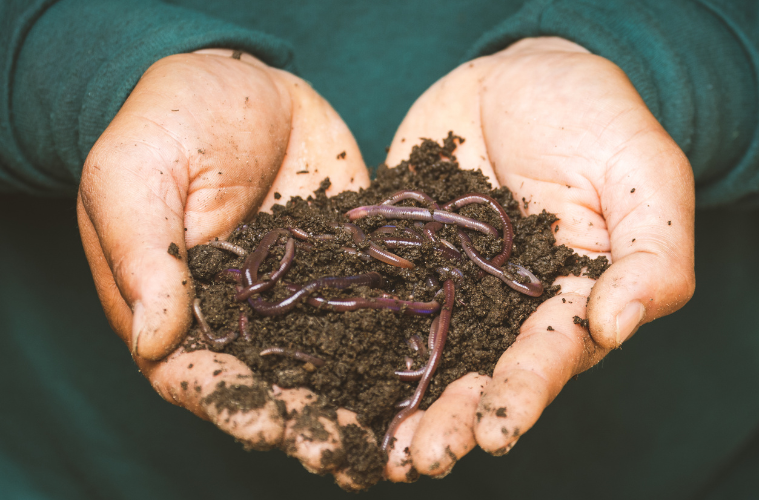
- Avoid adding meat, dairy, oily foods, or pet waste to your compost, as these attract pests and cause odours.
- If pests are a concern, consider using a closed compost bin or tumbler.
- Adding a layer of finished compost or garden soil on top of your pile can introduce beneficial microorganisms and help control odours.
- Regularly monitor your compost’s moisture, temperature, and aeration to maintain optimal conditions.
Starting composting in your backyard is a simple, sustainable practice that transforms kitchen scraps and yard waste into valuable garden nourishment. With these easy steps, you can create your compost system that benefits your garden and the planet.
